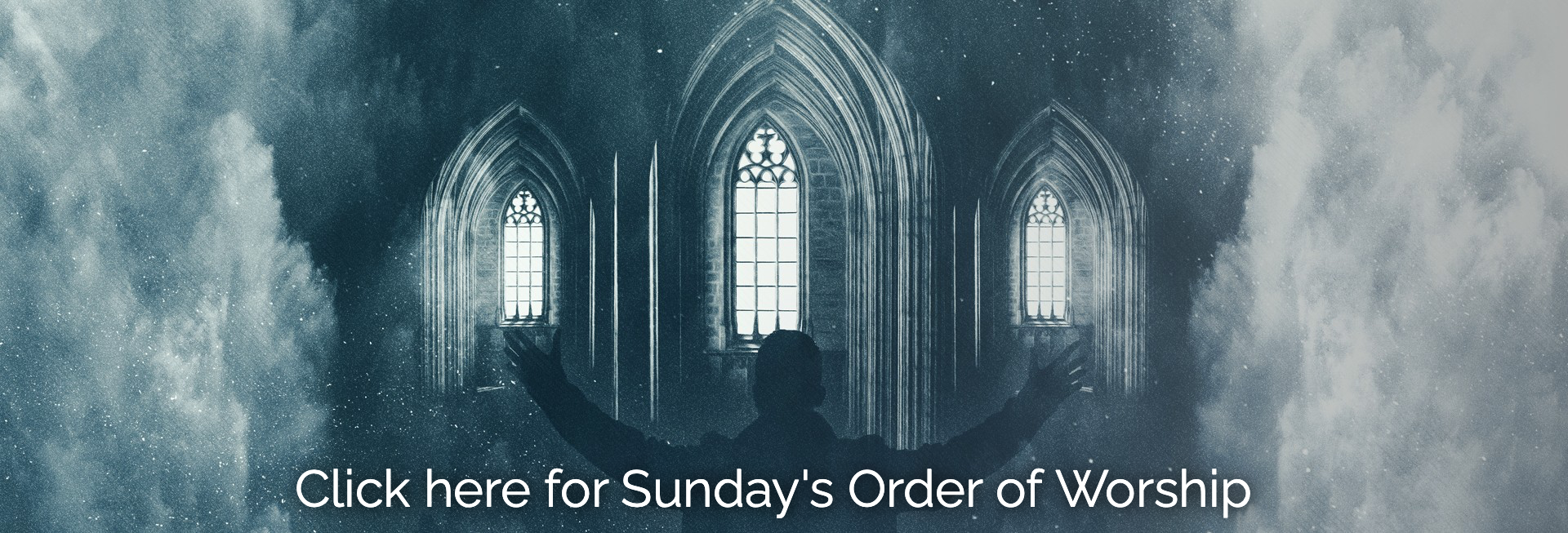Welcome to Northminster
Join us this Sunday!
Upcoming Events
The Latest from our blogs…

News & Announcements for Sunday, January 26, 2025
Posted on Jan 23, 2025 by David Garrison in Announcements, General, HomePage, News | 6

MIDWEEK PRAYER – WEDNESDAYS @ Noon
Please join us on Wednesdays at noon for a time of prayer in the sanctuary as we bring our needs before our loving God.
WOMEN’S BIBLE STUDY – NEXT MONDAY, FEBRUARY 3, 7PM
The Women’s Bible Study will meet on Monday, February 3 at the Church at 7:00 p.m. We will be continuing with “The Friendships of Paul” (from The Love Stories of the Bible Speak by Shannon Bream) and we will begin on page 203, halfway down the page. Regarding refreshments, we are asking everyone to bring a little something to share at the meeting. Looking forward to seeing everyone on Monday, February 3rd at the church. And, as always, bring a friend!!
Coming Soon…
INQUIRERS CLASS
Would you like to know more about our church? Are you interested in the possibility of becoming a member? This class will give you the opportunity to hear about our church, the denomination we belong to, and where we see God leading us. If interested, tell Pastor David or sign up in the Church Center app (see below).
GET IN SHAPE CLASS
No, not physical shape – spiritual S.H.A.P.E.! God has given every believer gifts and shaped us for ministry and service. If you’re asking questions like, What are my spiritual gifts? How has God shaped me for service and ministry? Where do I “plug in?” What is God calling me to do in this phase of my life? Then this class is for you! We encourage every member of Northminster to join us for this, coming this spring.
Read more...

News & Announcements for Sunday, January 19, 2025
Posted on Jan 17, 2025 by David Garrison in Announcements, General, HomePage, News | 5

JOIN US FOR SUNDAY SCHOOL
If you’re looking for an opportunity to grow as a disciple of Jesus Christ, we encourage you to join us Sunday mornings for a intergenerational Sunday school class, from 9:30-10:30. We look forward to seeing you!
MIDWEEK PRAYER – WEDNESDAYS @ Noon
Please join us on Wednesdays at noon for a time of prayer in the sanctuary as we bring our needs before our loving God.
Coming Soon…
INQUIRERS CLASS
Would you like to know more about our church? Are you interested in the possibility of becoming a member? This class will give you the opportunity to hear about our church, the denomination we belong to, and where we see God leading us. If interested, tell Pastor David or sign up in the Church Center app (see below).
GET IN SHAPE CLASS
No, not physical shape – spiritual S.H.A.P.E.! God has given every believer gifts and shaped us for ministry and service. If you’re asking questions like, What are my spiritual gifts? How has God shaped me for service and ministry? Where do I “plug in?” What is God calling me to do in this phase of my life? Then this class is for you! We encourage every member of Northminster to join us for this, coming this spring.
DOWNLOAD THE CHURCH CENTER APP
Search in your App Store for “Church Center” to download our app! In the app are the church calendar, small group and volunteer opportunities, the online church directory, and more.
Read more...

News & Announcements for Sunday, January 12, 2025
Posted on Jan 9, 2025 by David Garrison in Announcements, General, HomePage, News | 0

JOIN US FOR SUNDAY SCHOOL
If you’re looking for an opportunity to grow as a disciple of Jesus Christ, we encourage you to join us Sunday mornings for a intergenerational Sunday school class, from 9:30-10:30. We look forward to seeing you!
MIDWEEK PRAYER – WEDNESDAYS @ Noon
Please join us on Wednesdays at noon for a time of prayer in the sanctuary as we bring our needs before our loving God.
WOMEN’S BIBLE STUDY – MONDAY, JANUARY 13TH, 7:00 PM
Northminster’s Women’s Bible Study will meet on Monday, January 6th at 7:00 p.m. We will continue using the book, The Love Stories of the Bible Speak by Shannon Bream. Our lesson for the month is “The Friendships of Paul” and it begins on page 197 in the book. Please complete the lesson in your workbook, too. If you are willing to host or be in charge of the lesson, please let Sharon Bryant know. This is also a great time to bring a friend. See you on Monday, January 13th!! Happy New Year!!
GLEANING FOR THE WORLD – WED., JANUARY 15TH @ 8:30 am
Please join us in the parking lot of the church for carpooling. We will return to the church around 11:30 am.
WOMEN’S BOOK CLUB – THURSDAY, JANUARY 16TH, 10:00 AM
The Northminster Book Club will meet on Thursday, January 16th at 10:00 in the morning at Northminster in the New Song Room. The book we are reading is “Dreaming of Flight” by Catherine Ryan Hyde. Happy New Year to all!! We are excited to begin a new year of reading books and if you are not involved, please come and join our group and bring a friend! We have so much fun!! You do not have to be a member of Northminster to join the book club! Looking forward to seeing everyone on Thursday, January 16th!!
DOWNLOAD THE CHURCH CENTER APP
Search for “Church Center” in your favorite app store on your phone to download our app! In the app are the church calendar, small group and volunteer opportunities, the online church directory, and more.
Read more...

January 2025 Mills’ Musings – Do You See What I See?
Posted on Jan 8, 2025 by David Garrison in Christian Living, Devotions, General, HomePage, Pastor's Corner, Spiritual Growth | 0

Now after Jesus was born in Bethlehem of Judea in the days of Herod the king, behold, wise men from the east came to Jerusalem, saying, “Where is he who has been born king of the Jews? For we saw his star when it rose and have come to worship him.” (Matthew 2:1-2)
Rev. Bob Mills
Read more...

News & Announcements for Sunday, January 5, 2025
Posted on Dec 23, 2024 by David Garrison in Announcements, General, HomePage, News | 0

JOIN US FOR SUNDAY SCHOOL
If you’re looking for an opportunity to grow as a disciple of Jesus Christ, we encourage you to join us Sunday mornings for a intergenerational Sunday school class, from 9:30-10:30. We look forward to seeing you!
MIDWEEK PRAYER – WEDNESDAYS @ Noon
Please join us on Wednesdays at noon for a time of prayer in the sanctuary as we bring our needs before our loving God.
WOMEN’S BIBLE STUDY – MONDAY, JANUARY 6TH, 7:00 PM
Northminster’s Women’s Bible Study will meet on Monday, January 6th at 7:00 p.m. We will continue using the book, The Love Stories of the Bible Speak” by Shannon Bream. Our lesson for the month is “The Friendships of Paul” and it begins on page 197 in the book. Please complete the lesson in your workbook, too. If you are willing to host or be in charge of the lesson, please let Sharon Bryant know. This is also a great time to bring a friend. See you on Monday, January 6th!! Happy New Year!!
DOWNLOAD THE CHURCH CENTER APP
Search for “Church Center” in your favorite app store on your phone to download our app! In the app are the church calendar, small group and volunteer opportunities, the online church directory, and more.
Read more...









